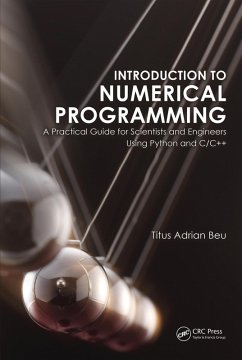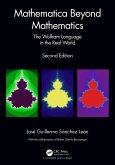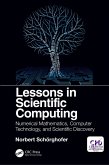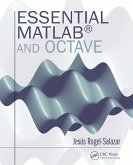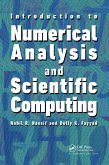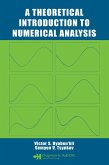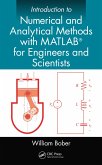This book introduces numerical programming using Python and C/C++, emphasizing methods used in physics and engineering. It helps readers develop the ability to navigate relevant algorithms, knowledge of coding design, and efficient scientific programming skills. It requires minimal background in mathematics, leading readers from elementary methods to complex algorithms useful in modern programming. It incorporates examples and real code throughout, as well as problem sets, to facilitate a hands-on learning experience.
Dieser Download kann aus rechtlichen Gründen nur mit Rechnungsadresse in A, B, BG, CY, CZ, D, DK, EW, E, FIN, F, GR, HR, H, IRL, I, LT, L, LR, M, NL, PL, P, R, S, SLO, SK ausgeliefert werden.

